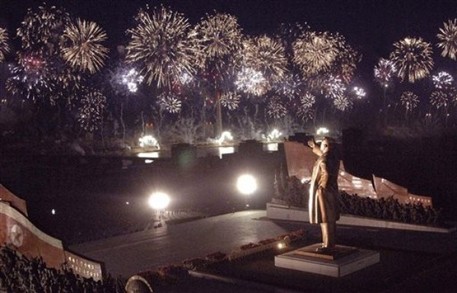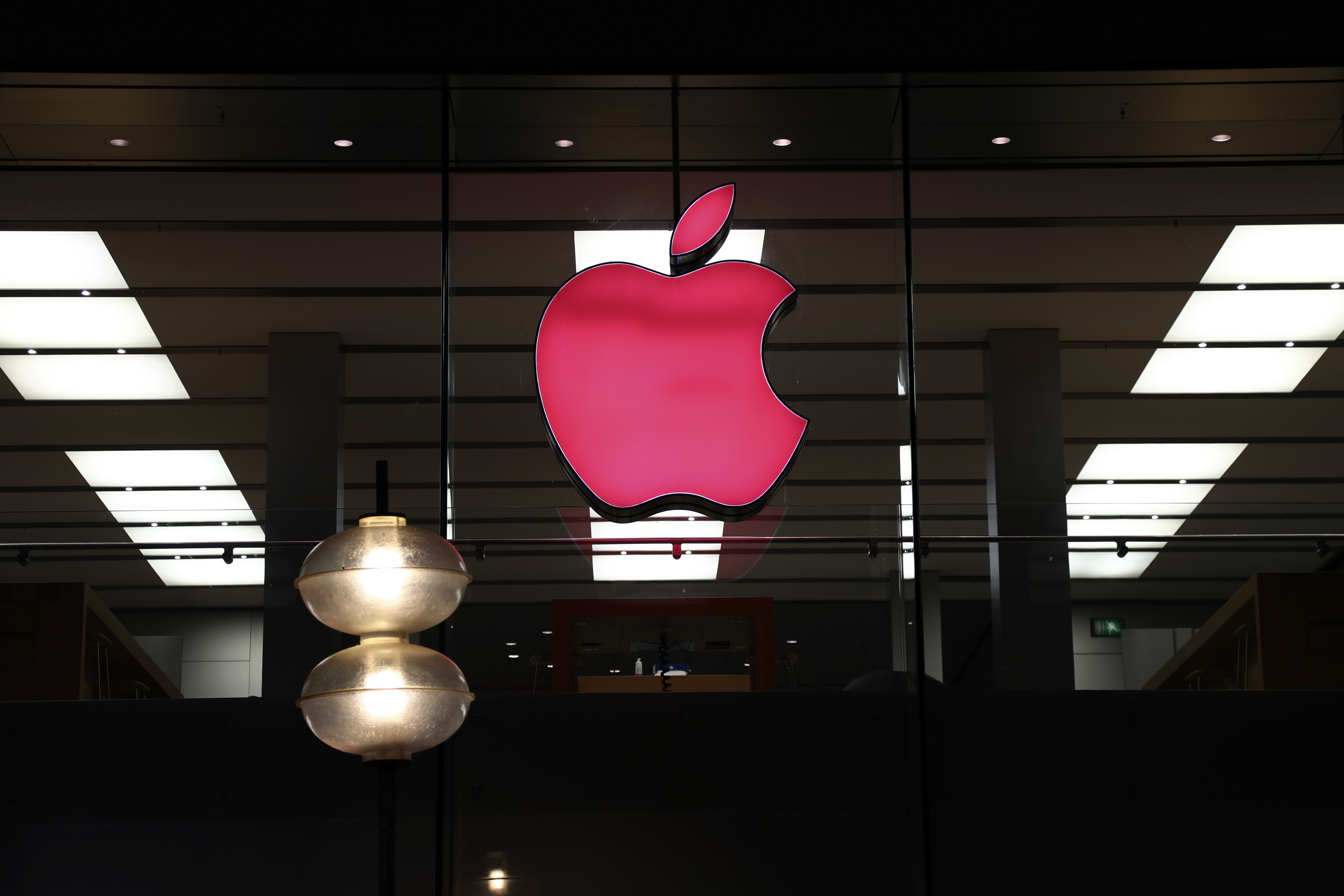
Danielle Pletka, writing - as usual - about freedomy stuff, bemoans the president's failure to take North Korea seriously . . . or something:
This is North Korea Freedom Week (being commemorated in Seoul, Republic of Korea), though it would be hard to tell in the capital of the freedom-loving world. North Korea appears to have slipped entirely off the radar of the Obama administration; neither the plight of its downtrodden citizens nor the proliferation of its nuclear weapons technology and missiles has stirred the interest of an administration purportedly obsessed with nonproliferation.
North Korea has long had its own people, as well as our allies in Japan and South Korea, in its gun sights. With Iranâ??s help, our allies in the Middle East and, with time, Europe and the United States, will join that unlucky group.
I really don't want to devote too much time to this, as we already know to take Ms. Pletka's web musings with a grain of salt. So I'll simply ask: What more should President Obama be doing about North Korean oppression and proliferation?
Last year, Pyongyang threatened to test a long-range missile in the direction of Hawaii and the administration quickly moved to fortify Hawaii. Of course, North Korea's track record for testing long-range missiles has been mixed at best, so just how serious these temper tantrums should be taken is debatable.
The ability to use these weapons of course matters, but, like in the case of Iran, such details are a tangential nuisance to Pletka and other neoconservative think tankers. Obama made the necessary maneuverings to defend the country, while quietly deferring to South Korean leadership on nuclear proliferation on the peninsula. South Korean President Lee Myung-bak has taken a hard line with the North, one President Obama agrees with. This policy makes sense, as it's in South Korea's more immediate interest - as well as the entire region's - to engage and, if necessary, contain the North.
Pyongyang uses America's presence in the region as justification for its nuclear adventurism; the louder and larger the role played in the region by the U.S., the smaller and less relevant the other actors become. The Obama administration, opting to break this pattern, has stepped back and handed the leadership reins to regional actors in an effort to change the Washington-Pyongyang dynamic. (Dear Leader has apparently taken notice of this shift, and may be rattling the saber a bit louder in order to draw Washington back in.)
So I ask again: With security measures in place, nuclear know-how controls underway and South Korea in the lead, what then should the Obama administration do about North Korea?
UPDATE:
Bruce Klinger of the Heritage Foundation makes a good point, and explains why South Korean leadership - and American compliance - is even more important now in light of the Cheonan sinking:
South Korea will contemplate both unilateral actions, including punitive economic and diplomatic measures, as well as taking the issue to the UN Security Council for multilateral response. In the latter case, Seoul would face stiff opposition from China and Russia, which have obstructed previous attempts to punish Pyongyang for violating UN resolutions.If South Korea is reluctant to attack, it would be impossible for the US to be â??more Korean than the Koreansâ? by advocating stronger measures. But the Obama administration should consult closely with the South Koreans and support whatever action they are comfortable taking. This should include pressing the Chinese and Russians to relent in favor of tougher international sanctions, and taking unilateral punitive action that complements the South Korean approach.
(AP Photo)











